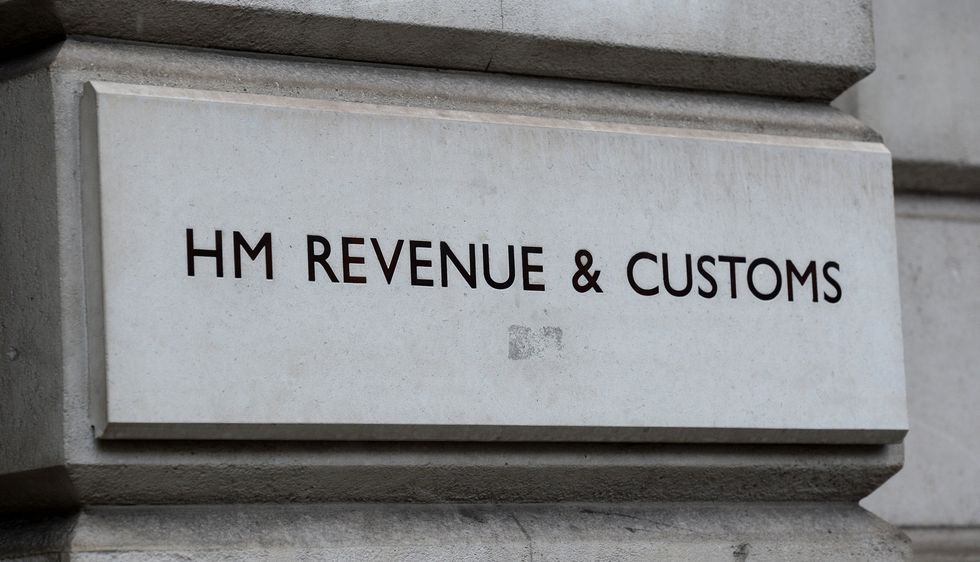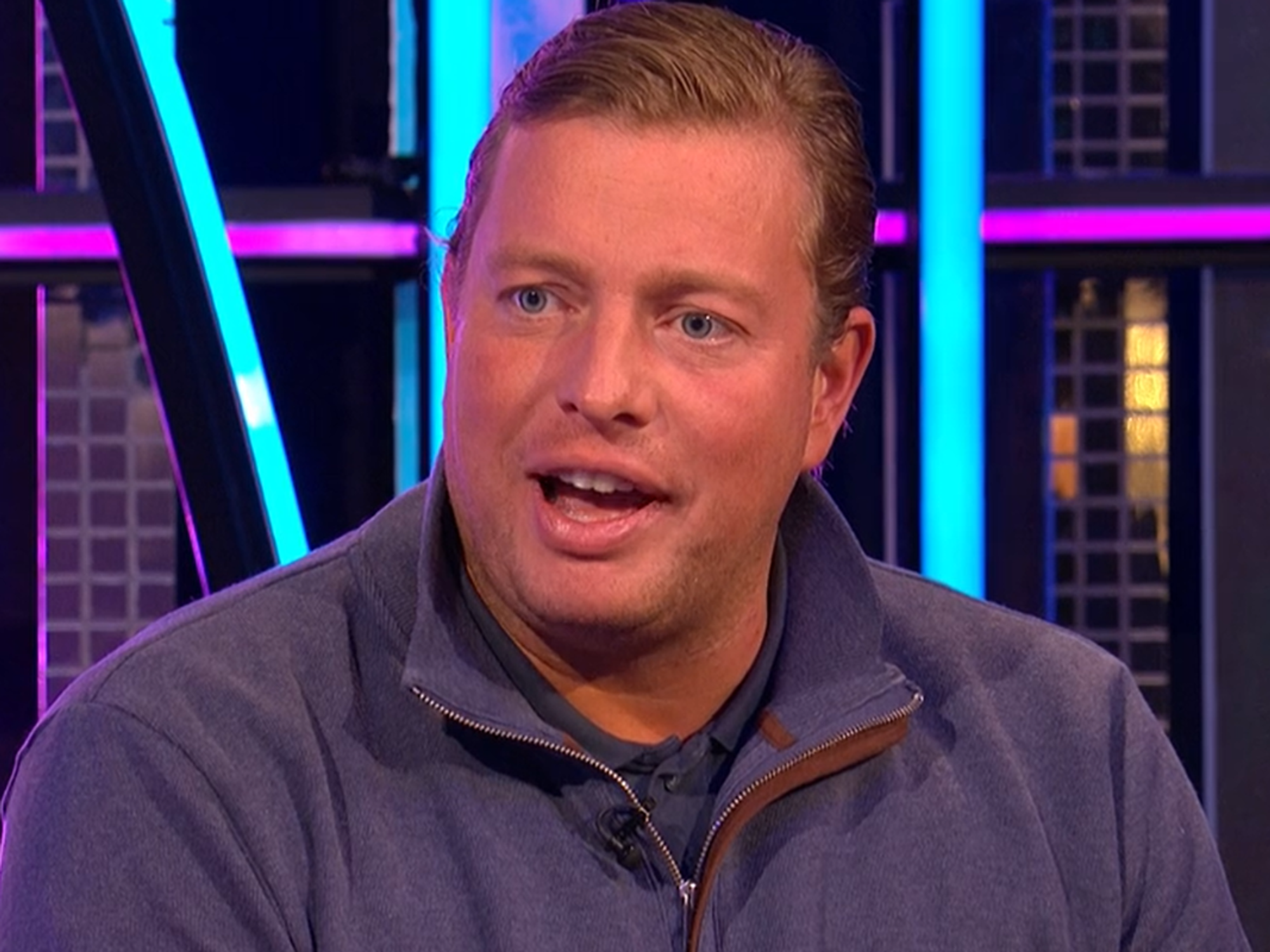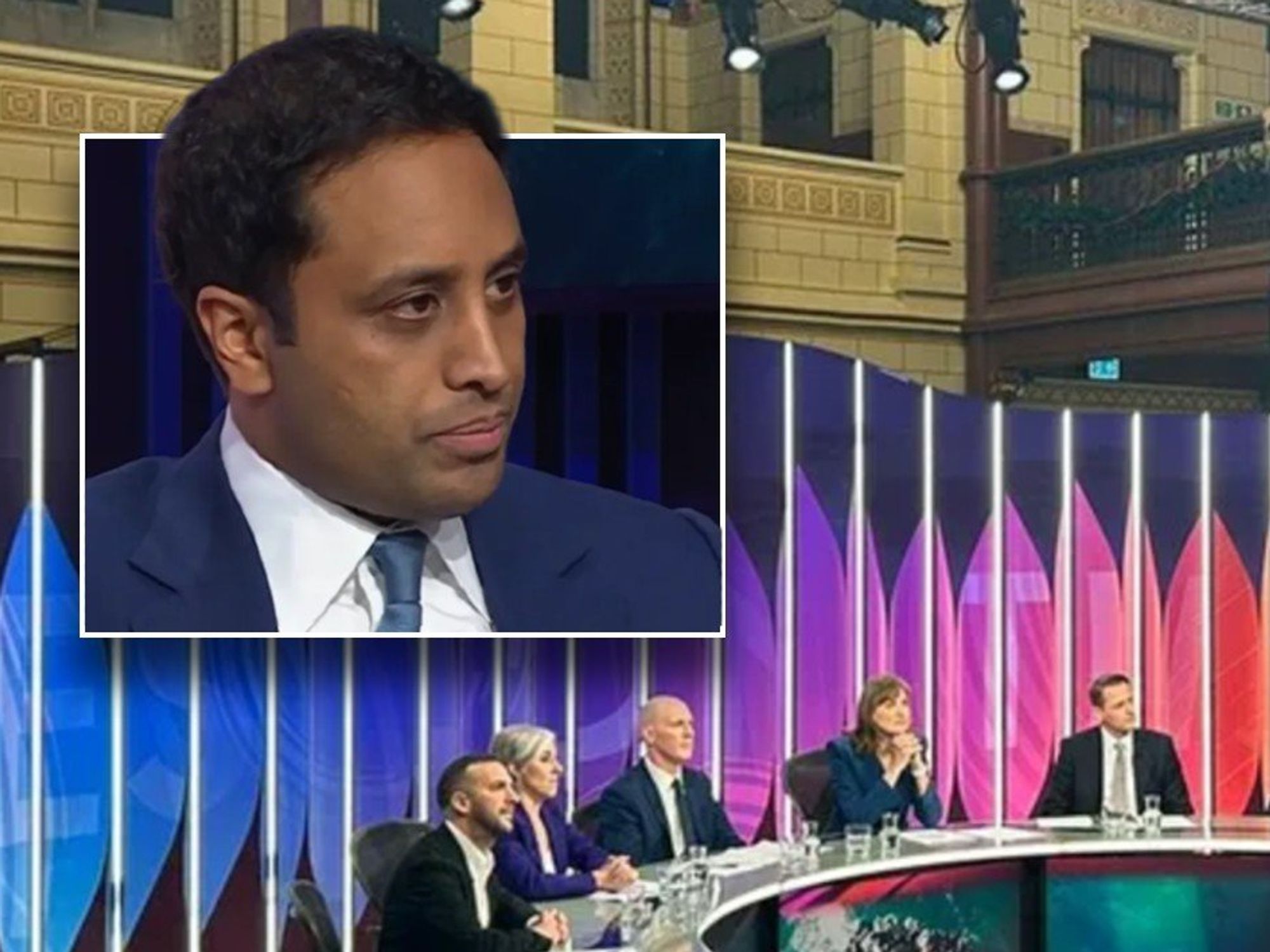Inheritance tax can be reduced through gifts – allowances and seven year rule explained

The Government is reportedly considering cutting the inheritance tax rate
|PA

Inheritance tax could be reformed, with the Prime Minister Rishi Sunak and Chancellor Jeremy Hunt reportedly considering cutting the inheritance tax rate in the next Budget
Don't Miss
Most Read
Latest
Inheritance tax (IHT) is often referred to as the most-hated tax in the UK, despite less than four per cent (3.73 per cent) of estates paying the levy in the 2020 to 2021 tax year.
Many have called for IHT to be scrapped entirely, with a survey of 2,000 over 40s by financial planning expert abrdn finding seven in ten (71 per cent) think inheritance tax should be abolished.
Among their reasons for this belief, 39 per cent said they thought it’s unfair, while 16 per cent said it’s archaic and 15 per cent said it’s “not fit for modern life”.
Shona Lowe, financial planning expert at abrdn, has warned that following years of soaring property prices across the country alongside the threshold freeze, more people are set to be affected by the levy.
WATCH NOW: Economics professor on inheritance tax cut reports
She said: “Thanks to years of soaring property prices across the country, alongside the ‘nil-rate’ band freeze, which has been in place since 2009 and will remain until at least 2028, more people are caught in the inheritance tax net, and the total amount paid is increasing year-on-year.”
However, there are ways in which people can legally reduce inheritance tax liabilities.
“Understanding the rules around inheritance tax can help you reduce, or even get rid of, that tax bill,” Ms Lowe explained.
“Whether that’s using gift allowances which allow an individual to pass on money to loved ones, establishing a trust or making use of business relief the ‘right’ way depends entirely on your individual circumstances.”
The financial planning expert warned the best way to navigate inheritance tax and estate planning will be entirely dependent on individual circumstances, adding: “Given the sensitivity of passing on personal wealth, speaking to a financial adviser is strongly recommended.
“They can help you map out your finances, prepare your will and incorporate gifting into your financial plan to give you confidence you’re being tax efficient and supporting those you care about now and in the future with as much as possible.”
Inheritance tax gift rules
There are various forms of gift allowances, meaning people can give parts of their estate to their loved ones without it being caught in the inheritance tax net.
Ms Lowe said: “Giving lifetime gifts is a way to reduce the value of your estate and therefore reduce your potential inheritance tax bill.
“Some gifts are exempt, which means the value of them leaves your estate immediately. That could be because they fall under the ‘annual exempt amount’, which allows you to gift up to £3,000 each year split between as many recipients as you like.
“Or it could be because they fall under the ‘small gift exemption’, which allows you to make as many gifts of up to £250 as you choose in a year, as long as each one goes to a different person.
“You can also give away any extra income you have that you don’t need to fund your current lifestyle, provided it’s a pattern of gifting and again, the value of those regular gifts will leave your estate immediately.”
While these gift allowances can help reduce inheritance tax, it’s still possible to give away parts of an estate during one’s lifetime without it being subject to inheritance tax.
This is where the seven-year rule comes in, as the beneficiary will need to pay a taper rate of inheritance tax if the person who gave it dies within seven years.
Ms Lowe explained: “If you give a gift that doesn’t fall within one of those exemptions, you will need to survive for seven years after giving it in order for its value to leave your estate completely.”
The standard inheritance tax rate is currently 40 per cent, and this rate would be charged if a person dies within three years of giving these gifts which aren’t under another allowance.
The rate of tax on the gift would be 32 per cent if the person died within three to four years after giving it.
LATEST DEVELOPMENTS:

Inheritance tax can be legally reduced such as by giving gifts
|PA
For four to five years, the rate is 24 per cent and 16 per cent between five to six years.
If the years between gift and death was six to seven years, the rate would be eight per cent, while it would be zero if it was seven or more years.
There’s normally no inheritance tax to pay if the value of the estate is below the threshold (currently £325,000 but some may be able to increase this).
Likewise, there’s typically no inheritance tax if a person leaves everything above the threshold to their spouse, civil partner, a charity or a community amateur sports club.
Ms Lowe said: “It's important to highlight that gifts don’t just have to be made to other people.
“They can also be made to charities, in which case they are exempt and the value leaves your estate immediately. They can also be made into a trust.”










